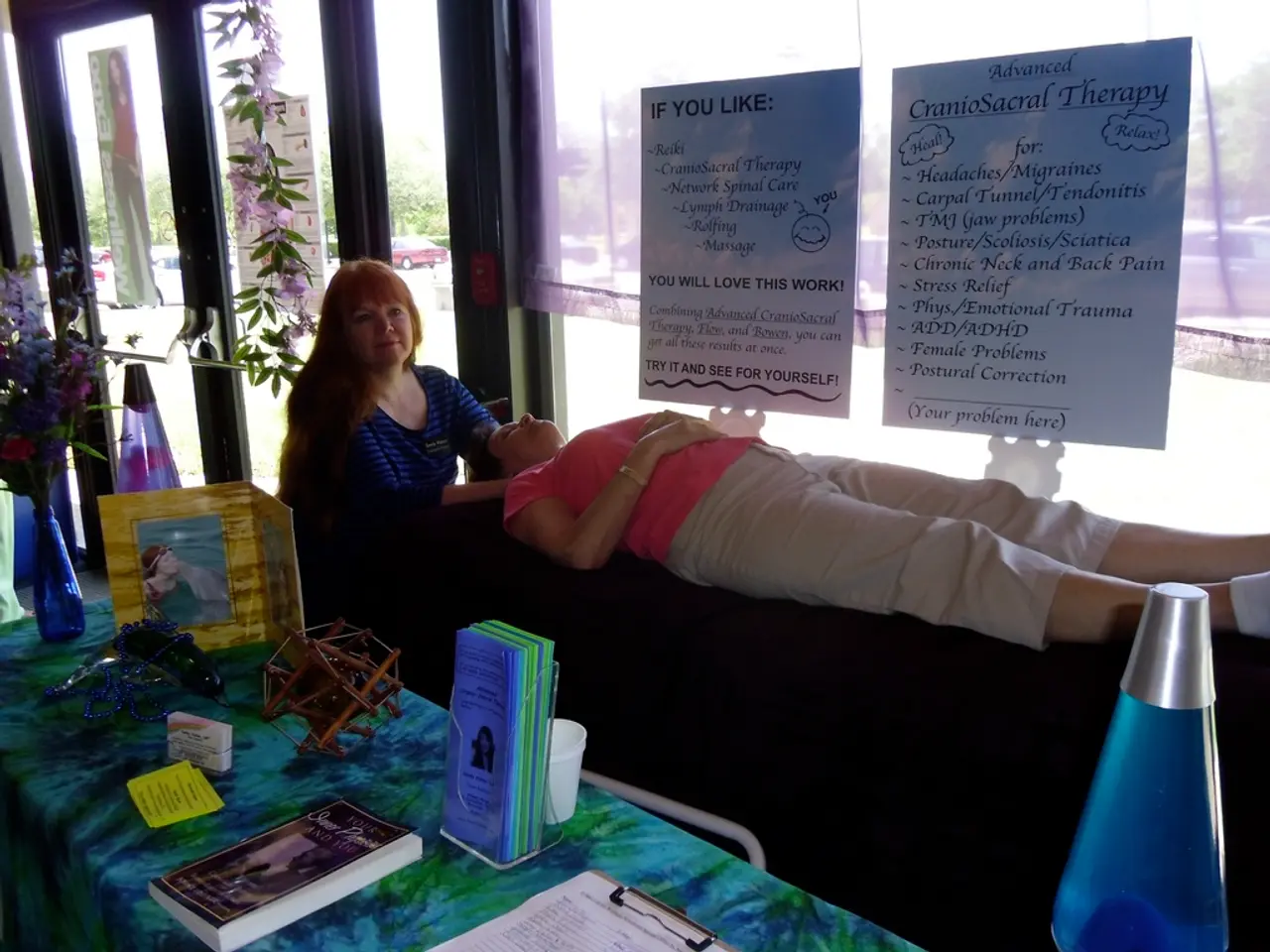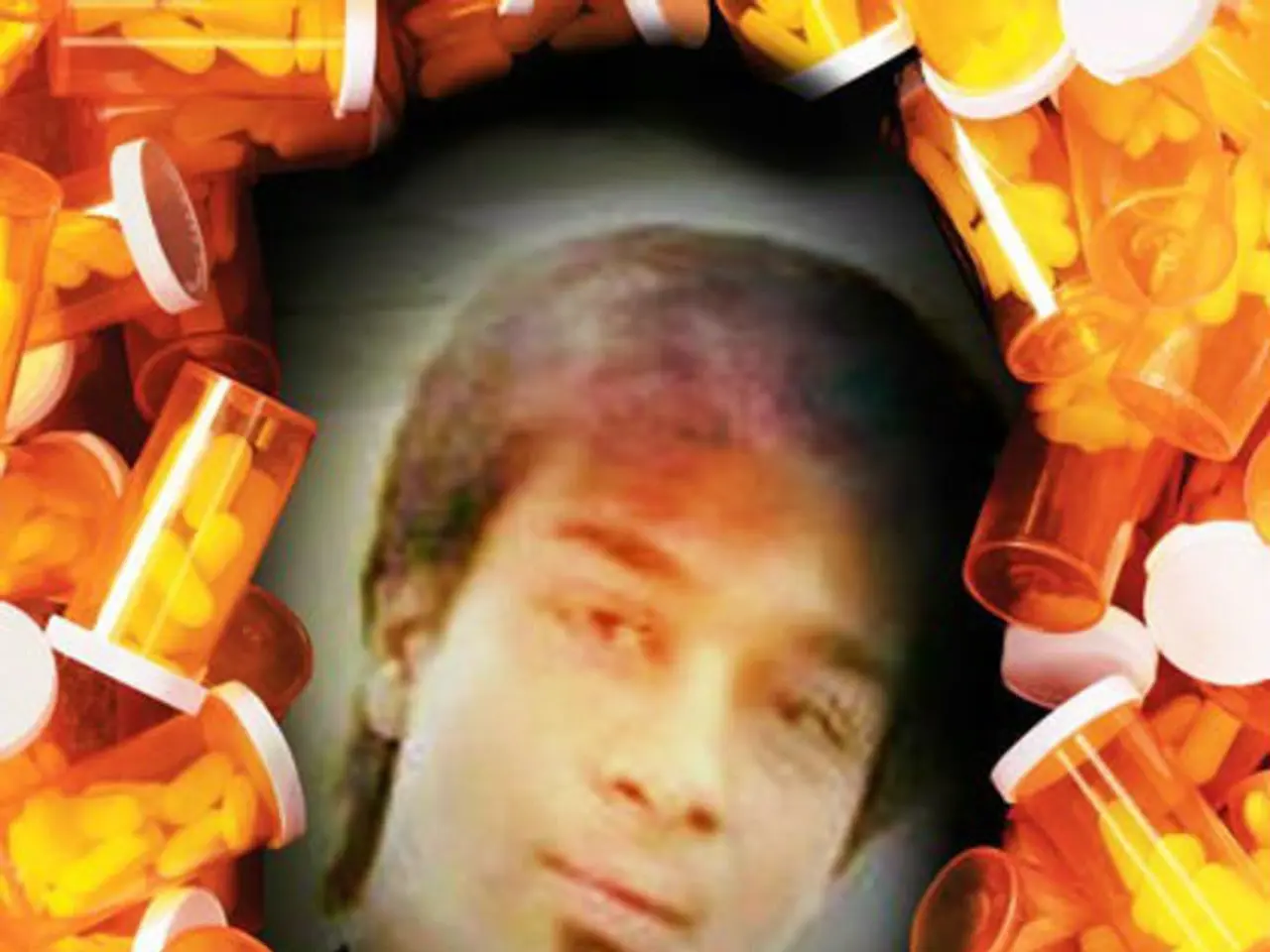Psychotic Depression: Identifying Symptoms, Treatment Options, and Pathways to Recovery
In the United States, individuals struggling with psychotic depression can find help by reaching out to the National Suicide Prevention Lifeline at 1-800-273-8255. This severe mental health condition, characterized by a combination of major depressive symptoms and psychosis, is often underdiagnosed and undertreated.
According to the National Institute of Mental Health (NIMH), an estimated 16.1 million adults in the United States had at least one major depressive episode in 2016. Psychotic depression, a subset of major depressive disorder, is considered the most severe subtype by the International Classification of Diseases (ICD), 11th Edition.
Major depression affects mood, behavior, and various physical functions such as sleep and appetite. Psychosis symptoms, experienced in depression with psychosis, include delusions, hallucinations, and paranoia, which represent a disconnection from reality. The risk of suicide is significantly higher in people with psychotic depression as compared to those with nonpsychotic depression.
The standard of care for depression with psychotic features involves a combination of antidepressants and antipsychotics, supplemented by psychotherapy (primarily Cognitive Behavioral Therapy - CBT) and, in refractory or severe cases, Electroconvulsive Therapy (ECT), alongside social support and close clinical monitoring.
Common antidepressants include serotonin reuptake inhibitors (SSRIs) or serotonin-norepinephrine reuptake inhibitors (SNRIs). Doctors often prescribe antidepressants alongside first- or second-generation antipsychotics, such as olanzapine and quetiapine.
Cognitive Behavioral Therapy (CBT), adapted for psychosis, supports patients by helping them develop coping strategies, challenge delusional beliefs, and manage distressing thoughts. Electroconvulsive therapy (ECT) may be referred for second-line treatment if medications have not helped to alleviate symptoms.
Addressing social needs such as employment, education, and housing support helps improve overall functioning and adherence to treatment. Involving family members in therapy enhances support and outcomes. In severe episodes, hospitalization with close monitoring may be required to ensure safety and rapid symptom control.
Early intervention is critical to improve prognosis and reduce the risk of complications such as suicide. If a person is experiencing symptoms of psychotic depression, they should speak to a healthcare provider immediately. No treatments can entirely cure psychotic depression, and people will usually need ongoing treatment.
- For those battling psychotic depression, it's important to remember the National Suicide Prevention Lifeline at 1-800-273-8255 is available for help in the United States.
- Interestingly, psychotic depression, a severe subtype of major depressive disorder, is often underestimated, as reported by the International Classification of Diseases (ICD), 11th Edition.
- Recognized as the most severe subtype of major depressive disorder, psychotic depression affects mood, behavior, and various physical functions like sleep and appetite, in addition to causing psychosis symptoms, such as delusions, hallucinations, and paranoia.
- To manage depression with psychotic features, the standard of care involves a multi-faceted approach that includes antidepressants like serotonin reuptake inhibitors (SSRIs) or serotonin-norepinephrine reuptake inhibitors (SNRIs), antipsychotics such as olanzapine and quetiapine, psychotherapy like Cognitive Behavioral Therapy (CBT), Electroconvulsive Therapy (ECT) in refractory or severe cases, and social support.
- In line with therapy, addressing social needs, like employment, education, and housing support, can enhance overall functioning and adherence to treatment. Involving family members in therapy can also improve support and outcomes.
- It's crucial to seek immediate medical attention if experiencing symptoms of psychotic depression, as early intervention can significantly improve the prognosis and lessen the risk of complications, including Alzheimer's disease, multiple sclerosis, psoriatic arthritis, and other mental and health-and-wellness issues. Long-term care and management may still be required for individuals struggling with psychotic depression due to the chronic nature of the illness.




